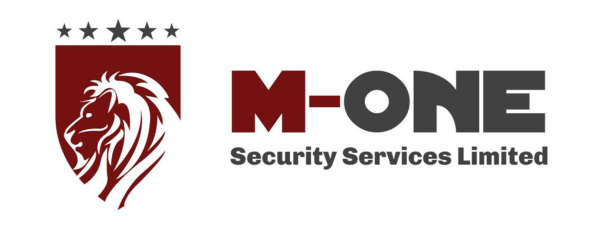Introduction
The future of corporate security in Africa’s digital and physical business now intertwines and the corporate security lies in an integrated, technology driven approach. Business leaders should prepare for a landscape threats are rising from AI enhanced cyberattacks to fragmented regulatory environments which demand dynamic strategies. Here’s what African business leaders need to prioritize to maintain resilience and trust.
1. Shift from Guards to Managed Security Services:
Many African companies are now outsourcing their security needs to Managed Security Service Providers (MSSPs) instead of just hiring in house security guards. It’s often cheaper to pay a monthly fee for managed services than to maintain a full time, inhouse security team with all the necessary training and equipment.
In fact, MSSPs offer access to highly trained professionals with expertise in both physical and cybersecurity, which can be hard for a single company to hire and retain. Meanwhile, outsourcing security allows business leaders to focus on their core operations without being distracted by security management.
2. The Rise of the Cyber Threat:
Businesses are now facing an increased risk of ransomware attacks, data breaches and sophisticated phishing campaignsas digital economy expands with many of them adopting cloud services and mobile payment systems. Cybersecurity is no longer just an IT issue, it’s a critical corporate security function in which leaders must invest in robust digital security measures and prioritize data protection.
The growing trend of data sovereignty, where countries like Nigeria and Kenya enforce laws requiring data to be stored within national borders, also adds a layer of complexity that requires new security strategies and compliance.
3. AI The Double Edge of Corporate Defense:
As we all know, cybersecurity is undergoing a transformation, while malicious people are using AI to craft adaptive attacks such as phishing, evolving malware and impersonation. This makes enterprises fight back with AI driven anomaly detection, self healing networks and real time responses. It’s important for companies to deploy AI powered threat shields and train leadership in AI ethics and oversight, embracing AI defensively is vital to stay ahead in the evolving battle space.
4. The Human Factor:
We all know that technology is central to the future of corporate security, yet the human element remains vital which involves training and collaboration. The new model requires security personnel to be more than just gatekeepers, they need to be skilled in data analysis, incident response and communication. Security teams are no longer working in silos, they need to collaborate closely with IT, human resources and facilities management to identify and mitigate risks. They also need to be trained to use advanced technology, de-escalate conflicts, and provide first aid, making them more versatile and effective. This addresses the skills gap in the industry and helps create a professional, well rounded security force.
5. Integration of AI and Smart Technology:
AI is moving beyond basic motion detection to offer predictive analytics, the security industry is rapidly adopting Artificial Intelligence (AI) and other smart technologies to enhance efficiency
and effectiveness. We have cameras that can now detect unusual behavior, such as loitering or a crowd forming and alert security teams to a potential threat before it escalates. Also, Biometric systems which includes facial recognition and fingerprint scanners, are becoming the standard for securing sensitive areas. This helps businesses move from a reactive to a proactive security model.
Conclusion
The future of corporate security in Africa is not about more guards or bigger walls, it’s about a fundamental shift from a reactive to a proactive and intelligence driven model. Africa’s business leaders must transition from static defense to dynamic resilience by executing converged, AI-driven, human smart security models that position their organizations, not just to survive, but to thrive amid emerging challenges.


